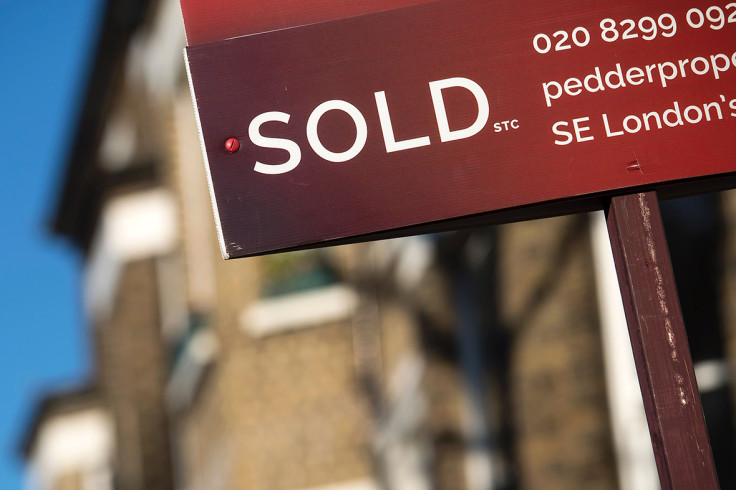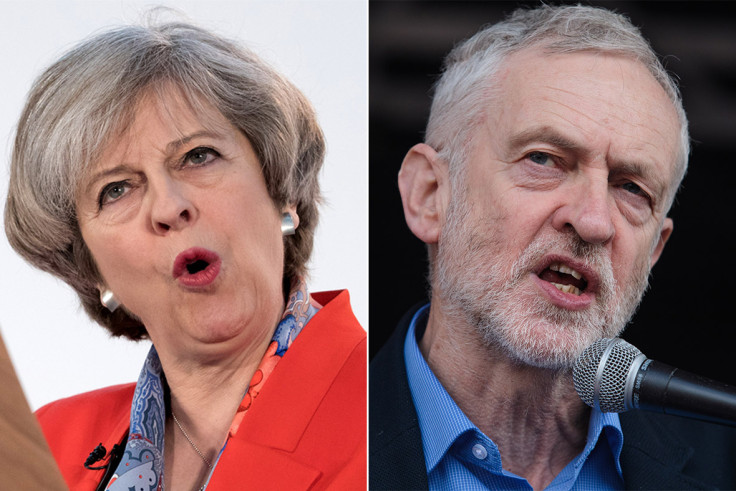Meet the Tory housing minister defending the most marginal seat in London
Interview: Conservative MP candidate for Croydon Central Gavin Barwell spoke to IBTimes UK.
Just 165 votes stood between victory and defeat for Gavin Barwell when he was re-elected as MP for Croydon Central, London's most marginal seat, at the 2015 general election.
The Conservative candidate, who is campaigning hard against Labour in the semi-detached, suburban corner of the capital, has since been promoted from senior government whip to housing minister thanks to Theresa May.
But, like everything else in UK politics for the foreseeable future, Brexit is dominating Barwell's brief.
There are major concerns among the construction industry that splitting from EU could see mass staff shortages across the sector, particularly since the prime minister has promised to introduce immigration controls.
A survey from the Royal Institution of Chartered Surveyors (Rics) released in March warned that the industry could lose nearly 200,000 EU workers. With the 8 June general election on the horizon, what could a Conservative government do to tackle the problem?
"We have worked closely with [Brexit Secretary] David Davis and his team to try and identify those [threats and opportunities] and we sat down with the sector and talked about it," he told IBTimes UK.
Barwell also wants the construction industry to "up its game" with training and apprenticeships. "We could do a much better job in further education in terms of having a new route into construction, getting more of our own people trained up in the industry," he said.
"Modern methods of construction also offer a opportunity to build homes using a different workforce in a factory-based setting."
The minister also stressed that the the government wants to resolve the issue of more than three million EU nationals living in the UK and Britons on the continent "as quickly as we can".
But an early agreement proposed by May at the start of the two-year-long negotiations has been rebuffed by Brussels. "Nothing is agreed until everything is agreed," an EU source said.

High rents are also a major issue alongside the demand for affordable properties in the UK, particularly in London. The average cost of new tenancies in the capital signed in April 2017 hit £1,519 per month, according insurance firm Homelet.
The figure is down 1.2% – the first decrease since 2009 – but it still amounts to more than £18,00 per year.
"There is no silver bullet," Barwell said. "There is nothing that I can do overnight which can transform the situation, but it's got to be a combination of long-term building enough homes so that housing becomes more affordable and in the short-term doing specific things to help people that are struggling in the market right now."
The government, among other things, is consulting on a Build to Rent scheme across England and is seeking views on banning rogue letting agents because of "significant upfront fees" people can face.
So with May promising to cap energy prices, should we expect a more interventionist approach from a new Conservative government on housing?
"You've got to get the intervention right, what you don't want to do is go so far that actually people withdraw from the market and make it worse for people," Barwell said.
"Overall, the title of our White Paper was 'Fixing Our Broken Housing Market so' there's a clear recognition in the title that the market is broken and the government will intervene."
For Barwell, a 45-year-old father of three who was born born and brought up in Croydon, there is a more "fundamental issue at stake" in the election.
"The challenges that the government faces at the moment in terms of the Brexit negotiations, in terms of keeping our United Kingdom together from the threat of Scottish nationalism and in terms of completing the business of getting our public finances back in the black," he said.
"The fundamental question that people are facing at this election is; who do they trust to lead the country through those challenging times?"

© Copyright IBTimes 2024. All rights reserved.







